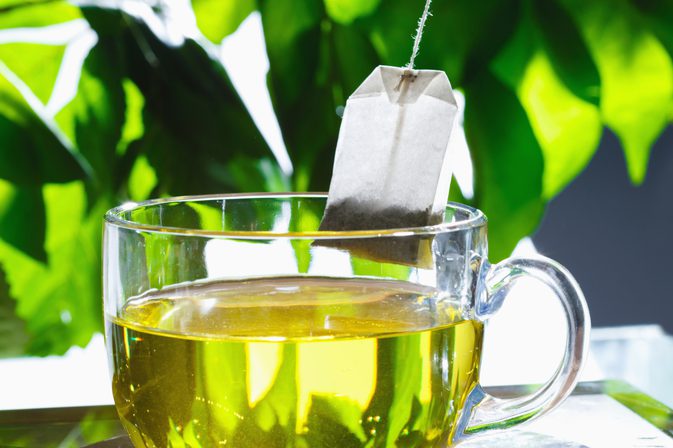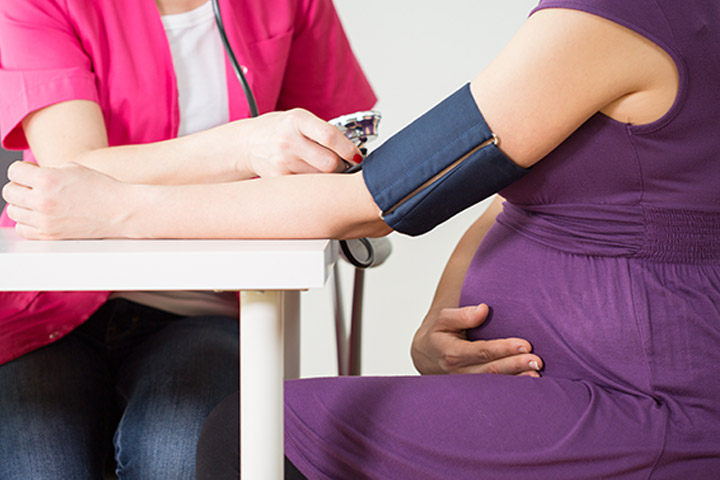Recently, consumption of green tea has geared up tremendously owing to many associated health benefits in curing different ailments. Few of the ailments are different types of cancer (lung, colon, esophagus, mouth, stomach, small intestine, kidney, pancreas, and mammary glands), liver disease, metabolic syndrome, such as obesity, type II diabetes, and cardiovascular diseases and risk factors.
According to studies green tea can help in weight loss by boosting metabolism. But nothing in this world is unmixed blessing. In spite of repetitively mentioned health benefits of green tea, adding green tea to the diet may cause other serious health concerns also.
Who Should avoid taking Green Tea?
In nutshell people with following conditions should avoid green tea
- Stomach problems
- Iron deficiency – Anaemia
- Low tolerance to caffeine
- Pregnant or nursing women
- Anxiety disorders
- Bleeding disorders
- Heart problems
- Diabetes
- Liver disease
- Osteoporosis or Calcium deficiency
For your health, limit green tea intake fewer cups per day only. Depending on the brand, 2-3 to cups of green tea per day (for a total of 240–320 mg polyphenols) or 100–750 mg per day of standardized green tea extract is recommended.
8 Side Effects of Green Tea and Precautions
- Caffeine Overload
Green tea does contain caffeine. Though amount of caffeine available in green tea is less than coffee or another caffeinated drinks but too much consumption of green tea for a longer time can lead to caffeine overload in the body.In general, one average cup of green tea contains nearly 10-50 mg of caffeine. Caffeine is basically stimulant and has associated risk of addiction. Caffeine is known to be a cardiac stimulant and a diuretic.Over-consumption of which may cause irritability, anxiety, diabetes, constipation, restlessness, insomnia, irritable bowel syndrome, irregular heartbeat, heart burn, tremors, nervousness, and tachycardia in body.
Precaution: People with the low tolerance to caffeine should avoid green tea. - Risk of Green Tea to Pregnant and Nursing Women
Tannin found in green tea reduces the absorption of folic acid and can cause birth defects. Too much consumption of green tea can cause iron deficiency called anaemia in a pregnant lady.
Precautions: Pregnant and lactating mothers should avoid or limit the usage of caffeinated drinks to no more than 1-2 cups per day. - Poor Nutrient Absorption in Children
The tannins in green tea may block nutrients absorption such as protein and fats in children.
Precautions: Green tea effects have not been studied in children so much, but it is not recommended for pediatric use. - Iron Deficiency due to Green Tea can cause Anaemia
Iron is required for hemoglobin synthesis in humans so one should avoid green tea in anemic patients. Tannins found in Green tea can interfere with absorption of iron in the body. According to a study done by American Journal of Clinical Nutrition, green tea extract reduces the absorption of iron by 25%. Iron deficiency called anemia can cause feelings of weakness, shortness of breath, irritability, headaches and irregular heartbeat.
Precautions: It is good to add a slice of lemon to your tea, and also don’t consume green tea immediately after meals, wait for at least 30 minutes. - Osteoporosis
Osteoporosis is a degenerative bone disease characterized by low mineral density, bone fragility and an increased susceptibility to fractures. Most commonly affected bones are the hip, spine, and wrist. Poor diets combined with excess green tea intake (more than 500 mg of caffeine in a day) can lead to calcium deficiency over time. Reduce your intake of green tea.
Precautions: Talk to your doctor before adding green tea and other caffeinated beverages to your diet if you have been diagnosed with a calcium deficiency or osteoporosis. - Irritable Stomach
Chemical Tannins found in green tea has a tendency to increase the secretion of acid in the stomach, so the patient with the history of peptic ulcer or an acid reflex problems should avoid green tea. Moreover, consuming green tea while you have diarrhoea can exaggerate the problem.
Precautions: Do not consume green tea on empty stomach. - Glaucoma
Drinking green tea increases pressure inside the eye. The pressure increase occurs within 30 minutes of the consumption and lasts for at least 90 minutes.
Precautions: Avoid green tea if you are suffering with Glaucoma. - Various Drug Interactions
Green tea can interact with the over-the-counter medication like Paracetamol, cough and cold syrups containing caffeine. Green tea may inhibit the actions of drugs and work opposite to the pharmacological effect required.For instance, patients who are on antihypertensives drugs, like beta blockers propanol and metoprolol, consumption of green tea can increase blood pressure.On the other hand green tea may act synergistically with the pharmacological effect of the drug, which can be dangerous sometimes. For example the patient you are taking the blood thinners like warfarin, green tea can increase the risk of bleeding.
Precautions: List of drug interactions is long. To be safe, check with your health care provider before drinking or taking green tea if you also take other medications.
Is it true Green Tea can cure acne or skin problems?
Green tea is often considered to contain anti-biotics(catechins) which are good for slowing-downing ageing process. It is believed to cure acne, pimples or any kind of inflammation in the body.
Other than this, there is no scientific evidence to prove that drinking green tea helps in curing or reducing acne.




